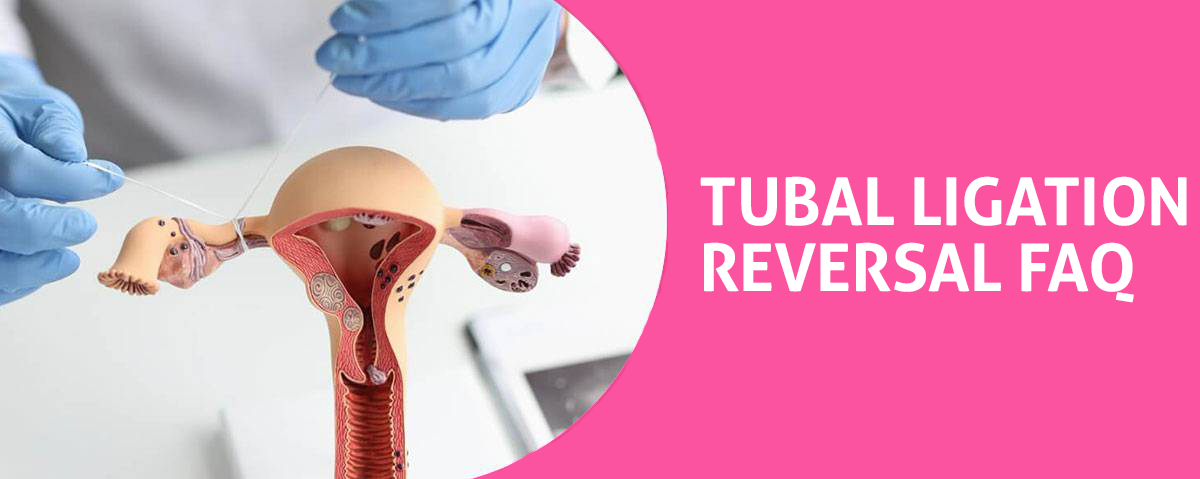How Can You Still Have Periods After Tubal Ligation Anatomy?
Ever heard the phrase “tied up in knots?” Well, that’s not far from what a tubal ligation is. It’s a surgical procedure that’s often associated with permanent birth control. But here’s the catch, it doesn’t stop your menstrual cycle. You’re probably wondering, “how’s that possible?” Let’s dive into the intricate world of female anatomy and unravel the mystery of why you can still have periods after tubal ligation.
Understanding Tubal Ligation Procedure
You might be wondering, what’s tubal ligation, and how does it work? Well, it’s a surgical procedure that blocks or seals your fallopian tubes to prevent pregnancy. But like any surgical procedure, there can be ligation complications. These may include infection, bleeding, or damage to other organs. It’s important to follow your doctor’s instructions for post-surgery care to minimize these risks. This could involve rest, medication, or specific physical activities. Remember, tubal ligation doesn’t affect your menstrual cycle. You’ll still have periods, but the eggs released by your ovaries can’t reach the uterus. It’s a permanent method of birth control, but it’s not 100% foolproof. There’s still a small chance you could become pregnant.
The Female Reproductive System Explained
To grasp why you can still have periods after tubal ligation, it’s crucial to understand how your body’s reproductive system functions. Your ovaries, central to ovarian functions, produce eggs and vital hormones like estrogen and progesterone. Hormone regulation, coordinated by the pituitary gland, prompts the ovaries to release an egg during each menstrual cycle. If not fertilized, the egg and uterine lining are shed, resulting in your period. Tubal ligation interrupts the egg’s journey to the uterus but doesn’t affect the hormonal cycle. Thus, your ovaries continue to release eggs, and your uterus prepares for potential fertilization. When fertilization doesn’t occur, the uterine lining is shed, and you still experience a period. Understanding this mechanism clarifies why periods persist post-tubal ligation.
Periods Post-Tubal Ligation: The Reasons
Despite undergoing a tubal ligation, it’s possible for you to continue experiencing monthly periods due to the unaffected hormonal cycle in your body. Ligation complications don’t typically impact hormone production, as the procedure blocks your fallopian tubes, not your ovaries. These organs continue to release hormones and eggs, albeit with no path to the uterus. Therefore, your body still prepares for a potential pregnancy, leading to menstrual changes such as regular periods. However, you might notice alterations in your cycle’s length, heaviness, or discomfort due to hormonal shifts post-surgery. If you experience severe changes, it’s crucial to seek medical attention. So, while tubal ligation is a reliable sterilization method, it doesn’t cease the hormonal activities that induce menstruation.
Addressing Tubal Ligation Misconceptions
It’s important to clear up some common misconceptions related to tubal ligation, especially since it doesn’t stop your periods. Among the ligation myths, many believe this procedure causes early menopause or alters the menstrual cycle. In truth, tubal ligation is a sterilization method that prevents pregnancy by blocking the fallopian tubes, thus stopping the egg from reaching the uterus. It doesn’t affect hormonal production or the menstrual cycle, so you’ll continue to have periods. Another misunderstanding is that tubal ligation is easily reversible. However, reversal is complex, costly, and doesn’t guarantee fertility restoration. Therefore, consider the sterilization effects thoroughly before opting for this procedure. Remember, it’s a permanent birth control method, not a temporary solution.
Other Popular Questions About Tubal Ligation Reversal:
How Dangerous Is Tubal Ligation?
How Common Is Weight Gain After Tubal Ligation?
How Common Is Tubal Ligation Failure?
How Common Is Regret After Tubal Ligation?
How Common Is Recanalization After Tubal Ligation?
How Common Is It to Get Pregnant 7 Years After a Tubal Ligation?
How Can You Tell if Your Tubal Ligation Failed?
How Can You Still Have Periods After Tubal Ligation Anatomy?
How Can You Have a Period After Tubal Ligation?
How Can I Tell What Type of Tubal Ligation I Had?
How Can I Reverse Tubal Ligation?
How Can I Prevent Early Menopause After Tubal Ligation?
By using this webiste you agree to Terms and Conditions
